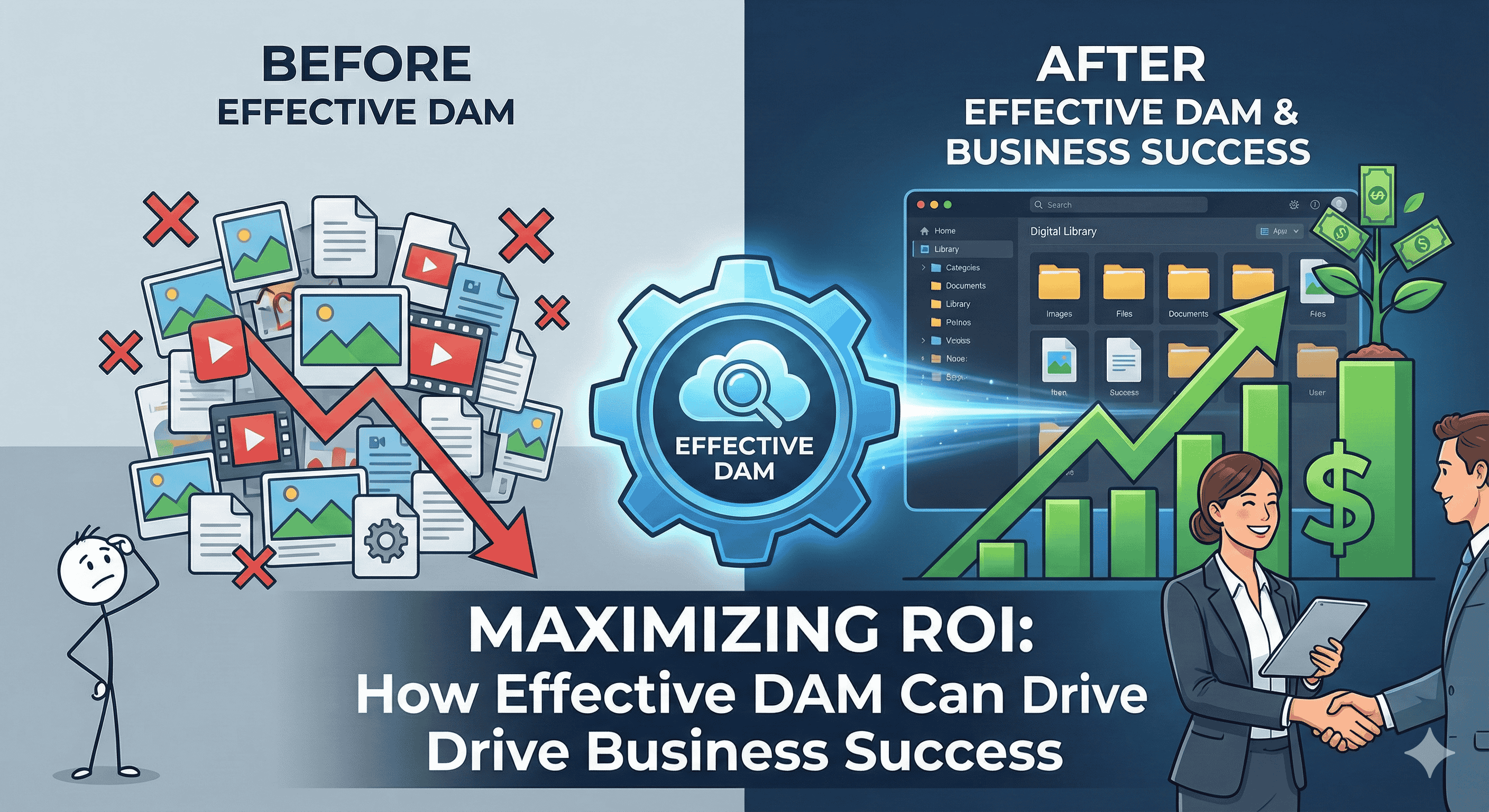In today’s fast-paced digital landscape, businesses are overwhelmed with data. However, merely having access to vast amounts of information is not enough; organizations must transform this data into actionable insights to enhance their marketing strategies and achieve better results. This is where data-driven decision-making, supported by robust campaign management tools, plays a crucial role.
Understanding Data-Driven Decision-Making
Data-driven decision-making involves basing decisions on data analysis rather than intuition or observation alone. It’s a systematic approach where organizations utilize quantitative and qualitative data to inform their strategies, optimize processes, and predict outcomes. Leveraging data allows companies to identify trends, understand customer behavior, and make strategic choices that align with their business objectives.
The Role of Campaign Management Tools
Campaign management tools are essential for gathering, analyzing, and acting on data in a coherent manner. These tools streamline the planning, execution, and monitoring of marketing campaigns, offering valuable insights that drive business decisions. Here are some key functionalities that these tools provide:
1. Data Collection and Integration
Campaign management tools can aggregate data from various sources, including social media, email, website analytics, and customer relationship management systems. This centralized data collection allows marketers to have a comprehensive view of their campaign efforts and customer interactions.
2. Performance Tracking and Analytics
These tools offer robust analytics capabilities that track campaign performance in real-time. Metrics such as click-through rates, conversion rates, and engagement levels help marketers understand what is working and what isn’t. By analyzing this data, businesses can optimize their campaigns quickly, reallocating resources to the most effective channels.
3. Segmentation and Targeting
Effective marketing relies heavily on understanding customer segments. Campaign management tools enable businesses to segment their audience based on demographics, behavior, and preferences. This targeted approach ensures that messaging resonates with the right audience, increasing the likelihood of conversion.
4. A/B Testing
A/B testing features within campaign management tools allow marketers to compare different versions of campaign elements. Whether testing subject lines, visuals, or call-to-action buttons, businesses can use data to identify the most effective options and refine their campaigns accordingly.
5. Predictive Analytics
Many advanced campaign management tools include predictive analytics features. By analyzing historical data, these tools can forecast potential outcomes of marketing efforts, helping businesses make proactive decisions. This foresight is invaluable for optimizing budget allocation and resource planning.
Enhancing Customer Insights
The ultimate goal of leveraging data-driven approaches and campaign management tools is to enhance customer insights. Businesses that deeply understand their customers can create personalized experiences, leading to greater customer satisfaction and loyalty. Here’s how data-driven insights improve customer understanding:
1. Behavioral Insights
By analyzing customer interactions across various touchpoints, businesses can identify patterns in behavior. Understanding when and how customers engage allows for tailored marketing strategies that cater to specific needs and preferences.
2. Customer Journey Mapping
Campaign management tools can help visualize the customer journey, highlighting key touchpoints and interactions. This mapping facilitates a deeper understanding of how customers move through the purchasing process, enabling businesses to optimize each stage.
3. Feedback Loop Creation
Data-driven insights create a feedback loop where businesses can continuously refine their strategies. As organizations analyze customer feedback and performance data, they can adjust their campaigns in real-time to better meet customer expectations.
Case Studies: Success Through Data-Driven Approaches
Several businesses have successfully leveraged data-driven decision-making and campaign management tools to enhance their marketing efforts:
1. Retail Industry
A leading retail brand utilized a campaign management tool to analyze shopping patterns. By segmenting customers based on purchasing behavior, the brand personalized its marketing campaigns, resulting in a 30% increase in conversion rates during targeted promotions.
2. Travel Sector
A travel agency implemented A/B testing through a campaign management platform, experimenting with different advertising formats. The data revealed that video content significantly outperformed static ads, leading to a revised strategy that increased bookings by 25%.
Challenges and Considerations
Despite the advantages, organizations must also navigate challenges in implementing data-driven decision-making. Data privacy regulations, the need for data literacy among staff, and the importance of choosing the right campaign management tools can impact success. Therefore, businesses should invest in training and ensure compliance with relevant regulations.
Conclusion
In an era where data serves as a cornerstone for strategic decision-making, leveraging campaign management tools is vital for gaining better insights. By embracing a data-driven approach, organizations can enhance their marketing strategies, optimize customer experiences, and ultimately achieve greater success. The ability to make informed decisions grounded in data not only cultivates a competitive edge but also paves the way for sustainable growth in the long term.









